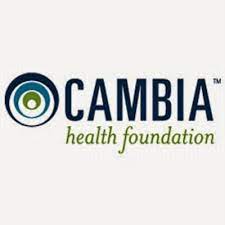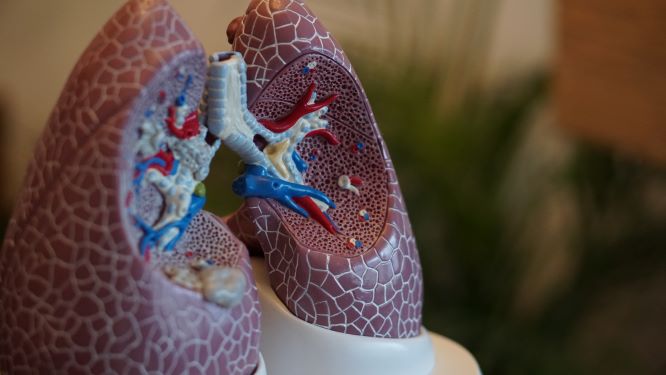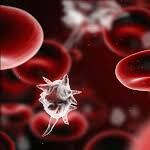INTRODUCTION
The Division of Pulmonary, Critical Care, and Sleep Medicine at the University of Washington has conducted innovative health-related research for nearly six decades. A central mission of the Division has been to foster the development of physician-scientists. This commitment is exemplified by our NIH T32 training award, which has been funded for over 40 years.
Research in our Division began in the 1960s with a strong focus on respiratory physiology. In the 1990s, our research portfolio significantly expanded to encompass molecular, cellular, and translational science – efforts that currently thrive within our Center for Lung Biology (CLB) and Sepsis Center of Research Excellence (SCORE). At the turn of the 21st century, our Division pioneered a formal clinical research training track. This track was the first in the nation to incorporate an MPH or MSc in Epidemiology into subspecialty training. In recent years, the Division has expanded its research scope to include Health Services and Health Equity research. This research reflects our commitment to addressing real-world challenges in medicine and healthcare delivery.
Our Division faculty continue to excel in research productivity and impact. In 2024, our T32 mentors secured approximately $46 million in research funding and contributed to over 300 publications.

Core Research Programs
Chronic Lung Diseases
- Asthma and Airway Biology
- Bronchiolitis Obliterans Syndrome
- COPD
- Cystic Fibrosis
- Environmental Health
- HIV-related Lung Diseases
Global Health
Pulmonary and critical care education and research through the lens of an international perspective

The first card title goes here
Text goes here. Double-click the arrows to set the links for each card.
learn more
The second card title goes here
Try to keep text short so visitors can quickly scan these cards.
learn moreLung Cancer
We have lung cancer research centers at both Fred Hutchinson Cancer Center and VA Puget Sound Healthcare System
learn moreLung Transplantation
Lung transplant research that spans translational, epidemiologic, and interventional studies
learn morePulmonary Vascular Disease
Supported by a robust clinical program (PAH, CTEPH, HHT), our research spans basic, translational, and clinical science
learn moreSleep
Research aiming to understand the overall drivers of sleep disorders and guide delivery of appropriate treatments
learn moreResearch Centers

Cambia Palliative Care Center of Excellence
Established in 2012, the Cambia Palliative Care Center of Excellence utilizes a highly qualified team of nurses, social workers, chaplains, pharmacists, and doctors to provide seriously ill patients with palliative care focused on relieving symptoms, maximizing quality of life and ensuring care that concentrates on patients’ goals.
learn more
Center for Lung Biology
Performing, coordinating, enhancing, and stimulating basic research directed toward understanding fundamental mechanisms of lung development, repair, and disease.
learn more
Sepsis Center of Research Excellence (SCORE)
SCORE seeks to improve adult and pediatric patient outcomes by focusing on the host response in sepsis and critical illness. SCORE investigators use translational research techniques to understand why the same pathogen causes a mild reaction in one person compared to a life-threatening response in another. The overall goal is to identify important elements in host cellular and molecular responses to develop novel and innovative approaches to prognostic and predictive clinical biomarkers and therapeutics in patients with life-threatening infections
learn morePublications





